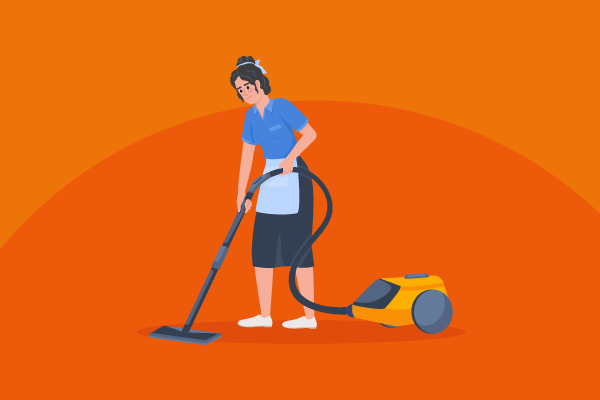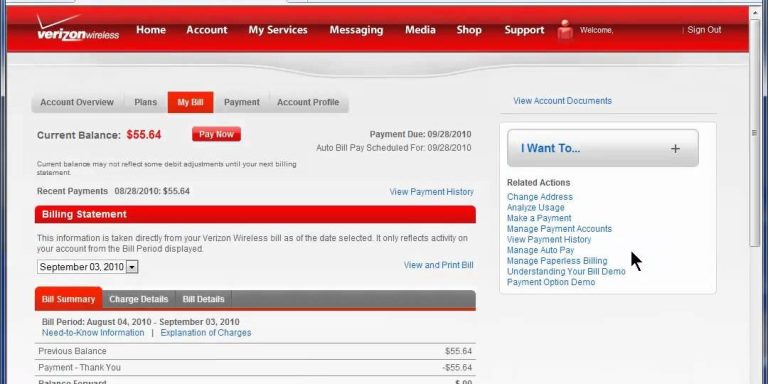Insurance for cleaning houses isn’t just a formality; it’s a crucial safety net that can make or break your business. Whether you’re a solo cleaner or run a multi-person operation, understanding your insurance needs is essential.
Contents
Why is Insurance for Cleaning Houses Important?
Insurance for cleaning houses offers protection against a variety of risks you face as a professional cleaner:
-
Property Damage: Accidents happen. A broken vase, a stained carpet, or a scratched floor can lead to expensive claims from clients. Liability insurance covers these costs.
-
Client Injuries: If a client trips over your equipment or slips on a wet floor, they could sue you. Liability insurance helps with medical bills and legal fees.
-
Employee Injuries (if applicable): If you have employees, you’ll likely need workers’ compensation insurance to cover medical expenses and lost wages if they get injured on the job.
-
Theft or Damage to Equipment: Your cleaning equipment is an investment. Insurance can help replace stolen or damaged tools, keeping your business running.
Types of Insurance for Cleaning Houses
Several types of insurance policies are relevant for house cleaning businesses:
1. General Liability Insurance
This is the cornerstone of insurance for cleaning houses. It covers:
- Bodily injury: If a client or visitor gets hurt due to your work.
- Property damage: If you accidentally damage a client’s property.
- Personal and advertising injury: This includes claims for libel, slander, and copyright infringement.
2. Workers’ Compensation Insurance
If you have employees, this insurance is usually mandatory. It covers medical expenses and lost wages for employees who get injured or sick due to work-related activities.
3. Business Property Insurance
This covers your business property, such as your office space, cleaning supplies, and equipment, against theft, fire, vandalism, and other covered perils.
4. Commercial Auto Insurance
If you use your vehicle for business purposes (transporting equipment or employees), a personal auto policy might not be enough. Commercial auto insurance provides specific coverage for business-related vehicle accidents.
5. Bonding (Optional)
While not strictly insurance, bonding can help you win clients’ trust. It guarantees that you will fulfill your contractual obligations and can compensate clients if you don’t.
How to Choose the Right Insurance for Cleaning Houses

-
Assess Your Risks: Consider the size of your business, the services you offer, the number of employees, and the value of your equipment. This will help you identify the types and levels of insurance you need.
-
Compare Quotes: Get quotes from multiple insurers. Compare premiums, coverage limits, deductibles, and exclusions.
-
Read Policies Carefully: Don’t just skim through the policy documents. Understand what is covered and what isn’t. Ask questions if something is unclear.
-
Review Your Policy Regularly: As your business grows and evolves, your insurance needs may change. Review your policy annually to ensure it still provides adequate coverage.
Additional Tips
- Keep Records: Maintain detailed records of your cleaning activities, including contracts, invoices, and any incident reports. These will be valuable if you need to file a claim.
- Communicate with Clients: Be transparent with clients about your insurance coverage. This can help build trust and avoid misunderstandings in case of accidents.
- Consider a Business Owner’s Policy (BOP): A BOP bundles general liability and property insurance into one policy, often at a lower cost than purchasing them separately.
Insurance for Cleaning Houses: A Wise Investment
While it may seem like an added expense, insurance for cleaning houses is an investment in your business’s future. It protects your assets, gives you peace of mind, and demonstrates your professionalism to clients. Don’t overlook the importance of having the right insurance coverage in place.
Remember: The information in this article is for general guidance only. Consult with an insurance professional to discuss your specific needs and get personalized advice.







